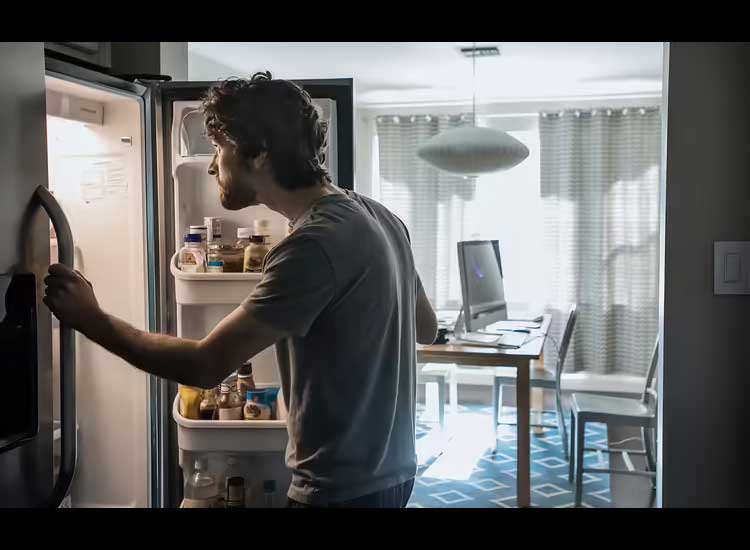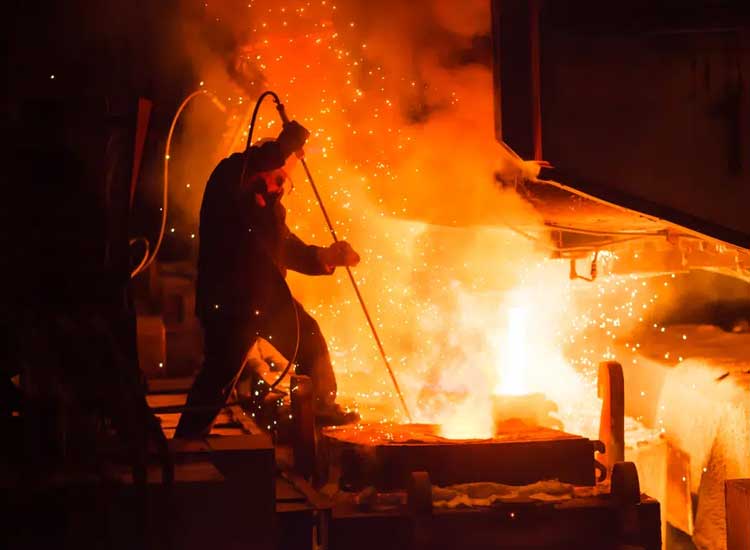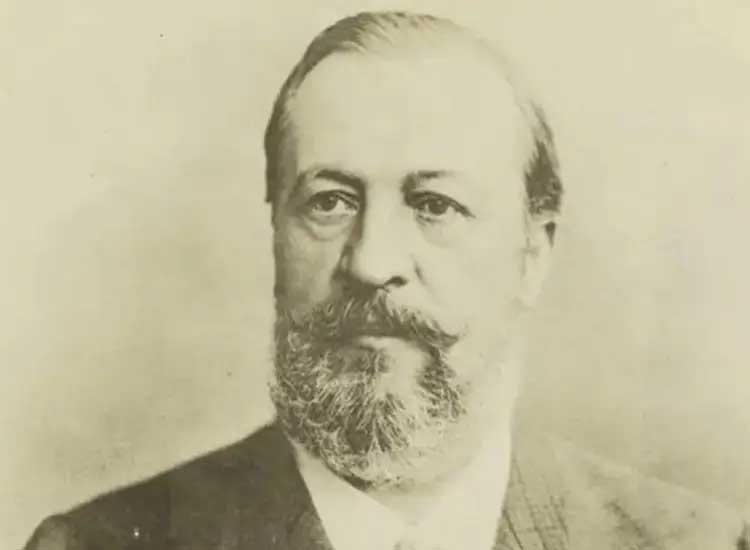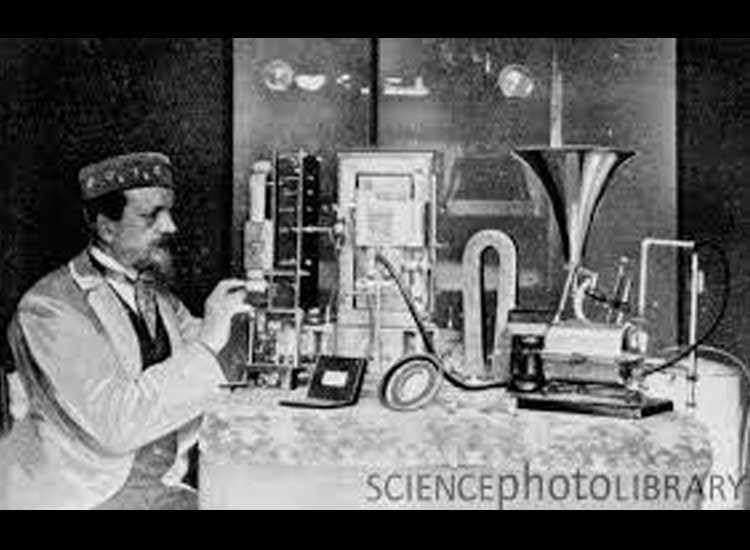Who Invented the Refrigerator and Its History? – The refrigerator is one of the most important electronic devices in household life to support life in storing food for a longer period of time and supporting household life.
But, have you ever been curious about who invented the refrigerator and its history? to be able to create sophisticated tools that are currently very useful in supporting our daily needs? If you’re curious, read the article below until the end, OK!
Background of William Cullen, the Inventor of the Refrigerator
William Cullen was a famous doctor and chemist who was born on April 15, 1710 in Hamilton, Scotland. He is a professor at the University of Glasgow and the University of Edinburgh who contributed to innovative experiments in the fields of chemistry and physics, one of which was an experiment in creating artificial cooling.
Cullen began his medical training with an apprenticeship with John Paisley, a Glasgow apothecary surgeon, then spent 1729 as a surgeon on a merchant ship trading between London and the Antilles in the West Indies. Two years assistant pharmacist to Mr Murray, he returned to Scotland in 1732 to establish himself in general medical practice in the parish of Shotts, Lanarkshire. And in 1734-36 he studied medicine at the University of Edinburgh which made him interested in chemistry.
From there Cullen began his experiments on artificial cooling.
Cullen’s Discovery of Artificial Cooling
The earliest discovery related to the modern refrigerator occurred in 1755. William Cullen conducted a series of experiments demonstrating the principle of artificial refrigeration. In one of his most famous experiments, Cullen used a pump to create a partial vacuum above a container containing diethyl ether. The ether then evaporates rapidly in the vacuum, absorbing heat from its surroundings and causing a significant temperature drop around the container.
Cullen’s experiment was the first demonstration of the cooling effect produced by rapid evaporation under low pressure conditions. He showed that by evaporating a liquid in a vacuum, heat from the surrounding environment would be absorbed by the evaporating liquid, resulting in a cooling effect. This is the basic principle that later became the foundation for modern refrigeration technology.
Although Cullen’s experiments were very important in the history of refrigeration technology, the results of his discoveries were not immediately applied for practical purposes at the time. One of the main reasons was the technological limitations at that time to create an effective and sustainable system based on the principles discovered by Cullen.
However, Cullen’s experiments were not forgotten. Researchers and scientists in subsequent centuries referred to his work and developed cooling technology further. Cullen’s discovery provided a theoretical basis which was then used by subsequent inventors to create more practical and efficient refrigeration machines, leading to the creation of the electronic refrigerator in our homes.
Development of Cooling Technology After Cullen
After William Cullen, several inventors and scientists continued research and experiments in the field of artificial cooling:
- Oliver Evans (1805). This American engineer designed the first vapor compression refrigeration engine, although he never built an operational model. Evans used the same principles that Cullen discovered, but with a more advanced and structured approach.
- Jacob Perkins (1834). Known as the “Father of the Refrigerator”, Perkins developed and patented the first continuously operating vapor compression refrigeration system. The Perkins engine was the first practical realization of the concept introduced by Cullen.
- James Harrison (1850s). Harrison, a Scottish journalist and engineer living in Australia, utilized a vapor compression system and developed the first commercial refrigeration machine successfully applied in the food industry.
- Carl von Linde (1876). Linde perfected refrigeration technology by developing a refrigeration machine based on ammonia compression that was more efficient and economical. This innovation was critical to the development of the modern refrigerator and enabled large-scale ice production and better food storage.
William Cullen’s discovery marked the beginning of a long journey towards the development of modern refrigeration technology. Even though he did not succeed in creating a refrigerator that could be used in households, the basic principles he discovered remained key and became the basis for discoveries by subsequent scientists.
That is information about Who Invented the Refrigerator and Its History? who is very creditable because he has created technology which is now very useful for our lives. Hopefully the article above can add new insight, OK?





